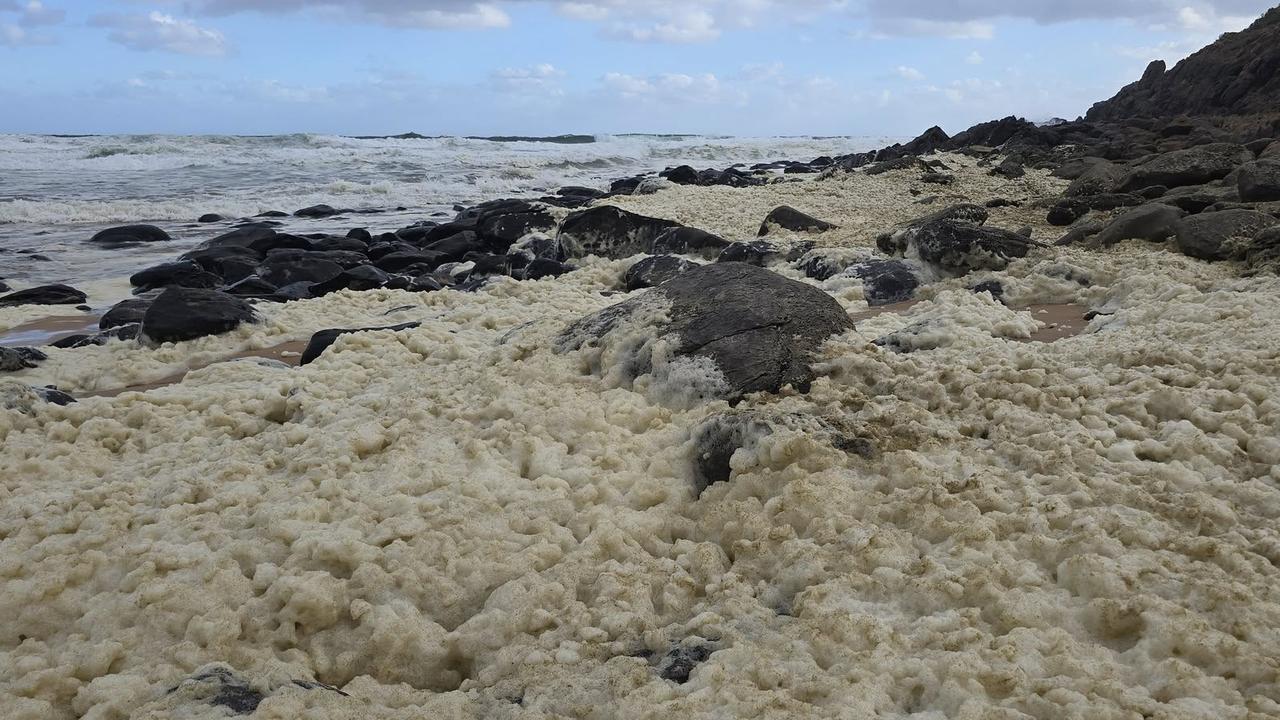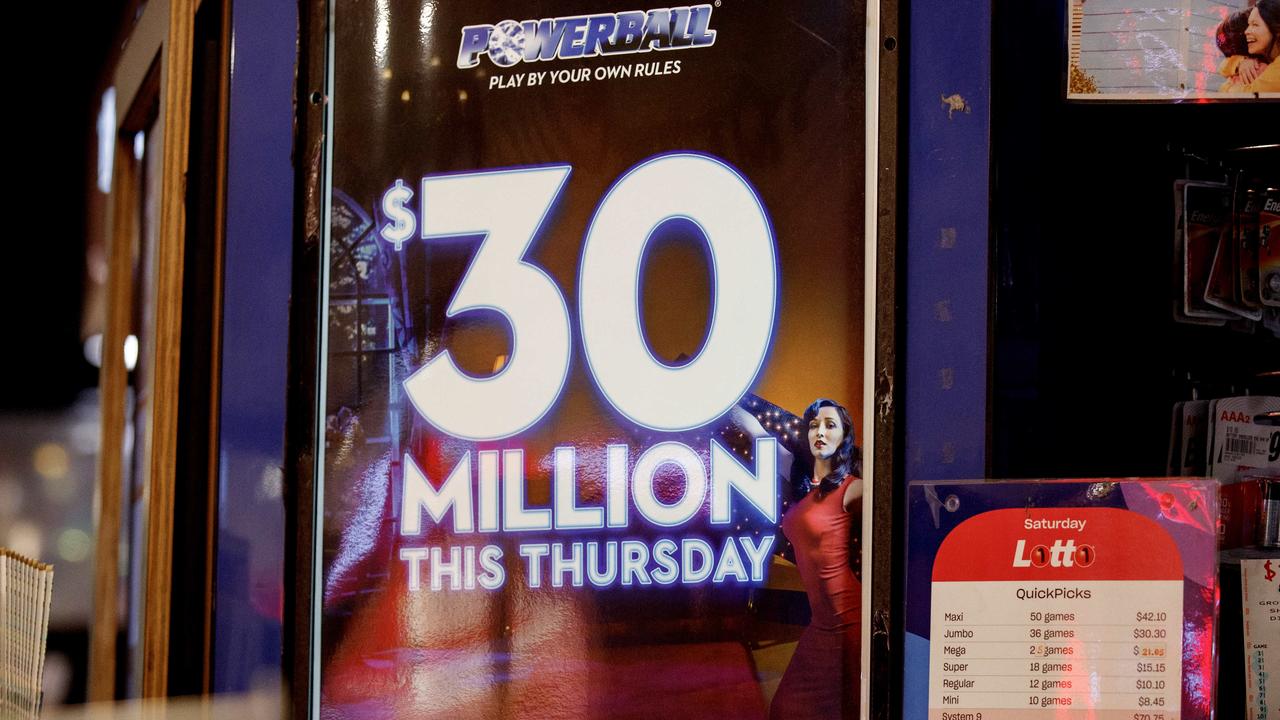Is Australia racist? Sadly, we have an answer
It’s an enduring question that splits the nation. Is Australia racist? A new survey has revealed a very confronting answer.

National
Don't miss out on the headlines from National. Followed categories will be added to My News.
OPINION
It’s the burning question that could not be hotter than it is right now, and a question I spent an entire TV series trying to answer 10 years ago: Is Australia racist?
Well now it appears news.com.au’s Great Aussie Debate has found the answer and on face value it’s a shocking blow: the vast majority of those surveyed think Australia is a racist country.
And yet right at the heart of that sentence is an impossible glaring paradox that actually proves the opposite of what it says.
Maybe you’ve spotted it already, or maybe you need a moment to let it sink in.
In the meantime, let’s break down the numbers at face value.
More than 50,000 people took part in the survey which, among a vast field of other questions, asked “Is Australia a racist country?” Of those a whopping 54 per cent settled on “Yes” and just 38 per cent said “No” while eight per cent were unsure.
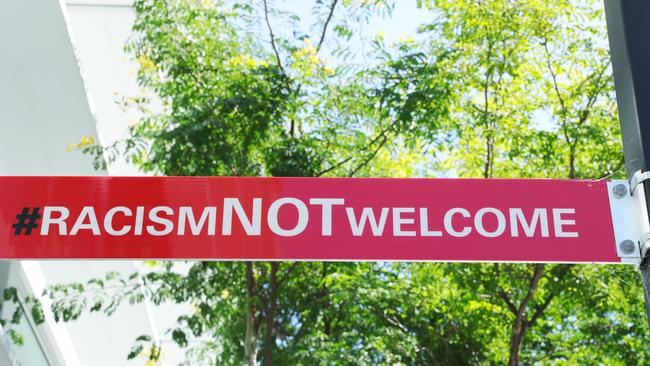
Damning, right? Not quite.
In fact, the survey reveals something absolutely fantastic about our country, but there is a whole lot of fun but nerdy background stuff – at least fun for nerds – to get through first.
The number of respondents itself is absolutely huge – about 20 times what you need for a statistically significant poll and a credit to news.com.au’s incredible reach and how engaged our audience is.
But it is important to note this is a survey, not a pollstery poll, and certainly not a statistically weighted one.
This means that while there are really interesting breakdowns by age and gender and state – which we will get to – the overall figure isn’t calibrated to reflect the makeup of the Australian population as a whole.
Professional pollsters use all sorts of methodologies in an effort to outdo their competitors and hit the Shangri-La of an accurate predictive result – while often retrospectively claiming they are merely providing a moment-in-time “snapshot” if they get it wrong.
These methods are ever-changing and highly secret but there are a few obvious ones.
The first is that you “smooth out” the results you get against the backdrop of the electorate at large. A crude example is that if 50 per cent of your respondents are aged 65-plus but you know that age bracket only makes up 25 per cent of the population, each one of those responses would have a value of 0.5 per cent.
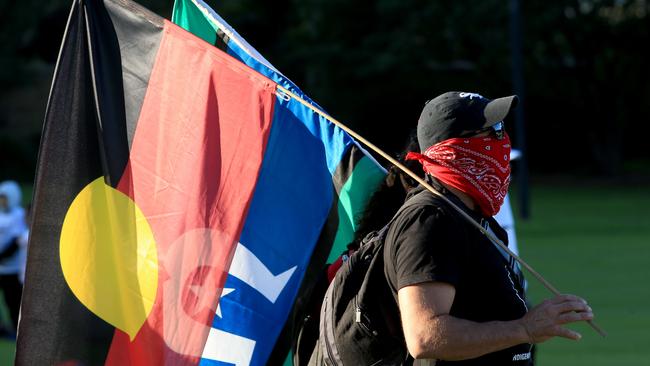
That is the easy part. You can then slice and dice according to gender, race, suburb, education, income and anything else under the sun if you have the time and money. And both political parties spend plenty of both on it.
But then you get to the real humdinger: how do you poll people who don’t want to be polled?
This is the new million dollar question which has given rise to the pollster’s great 21st century bogeyman: The so-called “quiet Trump voter” who tells pollsters one thing – if they get a hold of him or her at all – and then goes and does another in the privacy of the ballot box.
And herein lies the paradox at the heart of polling itself: how do you measure the views of people who don’t answer the phone, don’t click on the link or don’t tell the truth?
Thankfully, none of this applies to the 50,514 people who took part in the Great Aussie Debate. However, it does mean this cohort is not necessarily “all Australians”, it’s “all Australians who read news.com.au and like doing surveys”.
But this makes it no less insightful. In fact, I gained more insight in these figures than in a thousand Newspolls – which are also excellent by the way.
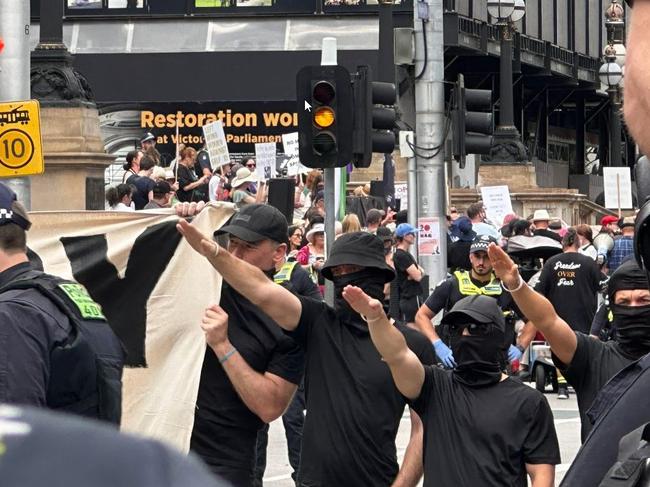
So let’s get to it: As I said, 54 per cent replied that “Yes” Australia is racist compared to just 38 per cent who said “No”.
That alone should tell you something. A majority of respondents think Australia is racist, which must mean they think a majority of Australians are racist – we are a democracy after all.
And herein lies the paradox of the results: if most Australians think most Australians are racist, then a large chunk of those who think we’re racist must be racist themselves. The maths is inescapable.
So the only explanation is a more poetic truth.
We are so anxious and eager not to be racist that we see it and denounce it everywhere. A majority of Australians might say the country is racist but would a majority of Australians say they themselves are racist?
I doubt it. And what is a country if not the sum of its citizens.
Instead, a far greater and heartwarming insight is to be found within these numbers.
The biggest single response to the question “Is Australia a racist country?” was 35 per cent who said “Yes, but it’s better than it was 10 years ago”.
The second biggest response was simply “No” at 32 per cent.
In other words, a solid two-thirds of people think we are either doing just fine, or at least better than we were.
That might not be statistically weighted, and it might just be those of you reading this now, but by God it’s good enough for me.
Originally published as Is Australia racist? Sadly, we have an answer





